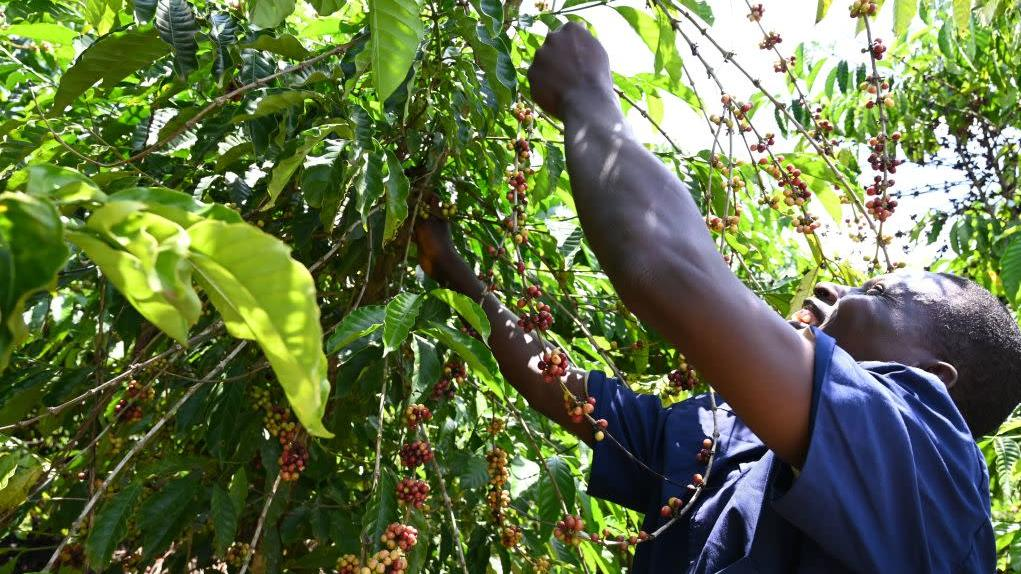Your Periodic Reminder That Climate Change Is Coming For Our Coffee
Here at The Takeout we're always keeping an eye on what's happening with coffee and climate change, because without coffee, our morning meetings would be unbearable. (Don't worry; we all like each other very much.) Point is, just as we are vigilant with our dedicated robot beat, we must also be vigilant in monitoring the world's coffee supply to protect not only ourselves but all of mankind. And once again, we have bad news to report on the subject.
In a great new piece from Salon titled "Coffee's robust back-up bean isn't as resistant to climate change as once thought," we learn that, well, coffee's robust back-up bean isn't as resistant to climate change as once thought. It has been long known that Coffea arabica—the plant responsible for approximately 60% of the world's coffee supply—does not do well in situations where temperatures wildly fluctuate. This is why coffee naturally grows in equatorial regions, where temperatures don't radically change as the earth orbits around the sun. But now that climate change has made weather patterns all wackadoodle, the future of arabica plants is uncertain.
Most of the other 40% of the world's coffee supply comes from the Coffea canephora plant, which doesn't taste as good, but is easier to grow. Many in the coffee industry figured that as yields of quality Arabica beans gradually dwindled, "robusta" coffee beans from Coffea canephora would gradually fill in the gaps in the market. And then, as Salon reports, came a new study that says the robusta crop might similarly be doomed. Happy Monday, everybody!
If you want to take a few minutes (our hours) to cry into your coffee, that's totally okay. Once you're emotionally ready to learn the rest, check out Salon's thorough analysis of the new study, which is a lot more coherent than anything I am able to write through my tears. Remember to enjoy every single ounce of coffee like it's your last, do your darndest to make sure your cup of joe is ethically sourced, and do what you can to reduce your carbon footprint. Coffee has been there for us for thousands of years; now it's our turn to be there for coffee.
